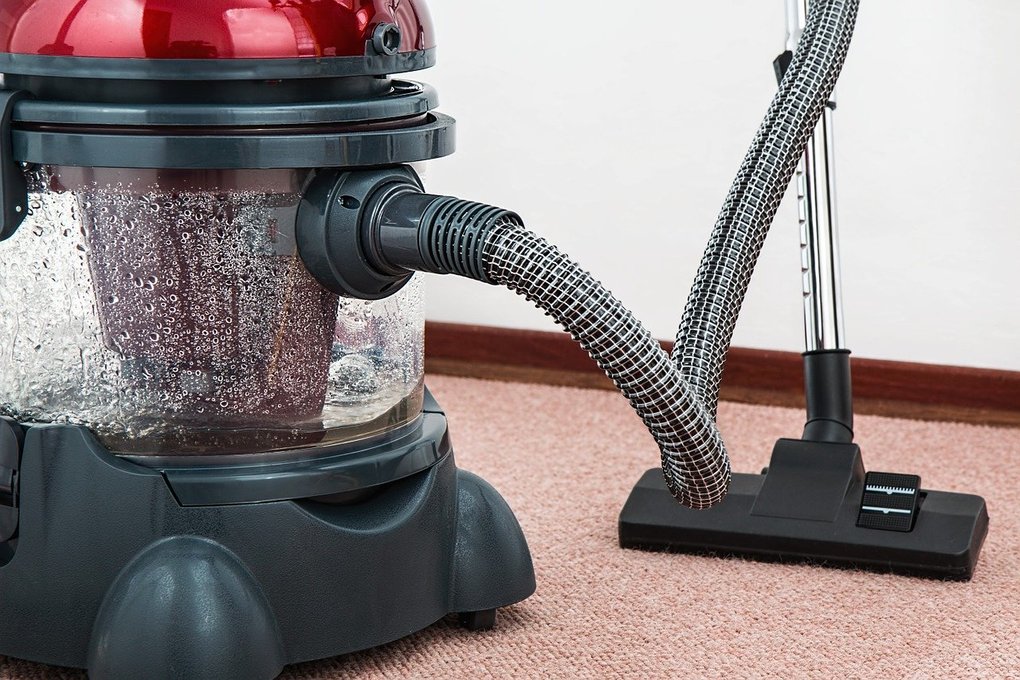If you are a landlord, you should have landlord insurance. Some lenders will not provide you with a buy to let mortgage unless you also arrange landlord insurance, so be sure to check your terms and conditions. However, even if this isn’t a requirement, it makes sense to provide you with additional peace of mind.
What is landlord insurance?
Landlord insurance, as with any other insurance policy, provides you with cover in the event of something going wrong. There are different types of landlord insurance policies, and not all cover the same things.
Some landlord insurance policies focus on the building; others cover the building and any furnishings you provide. If you don’t offer a furnished rental property, you don’t need to worry about a policy which covers landlords’ content insurance. However, if you do furnish the property, you need to have this cover.
It is also possible to arrange cover in the event of your tenant not paying their monthly rental fee. If this concerns you, or you are wholly dependent on the tenant paying their rent so you can meet the mortgage payment, having rental income coverage offers tremendous peace of mind.
A growing number of landlords also consider cover in the event of a tenant or guest injuring themselves on your premises. If you face a compensation claim from a tenant, the bill could run into a significant sum. If you don’t have insurance in place, you could be bankrupt in defending yourself against the claim, or in paying off any compensation order.
As with all insurance policies, you hope never to use landlord insurance. However, if something goes wrong, you will feel relieved you have sufficient cover in place.
What does landlord insurance cover?
The most basic of landlord insurance policies cover fire and storm damage, but you may need to find insurance cover which includes provisions for:
- Accidental damage, where tenants unintentionally harm your property
- Malicious damage, where tenants intentionally damage your property
- Employers liability, which protects if someone you employ to work in the property is injured due to your negligence
- Property owners’ liability, which offers protection if third parties are injured or suffer damage due to your negligence
- Unoccupied rental cover, which protects if you don’t have tenants and don’t generate rental income
- Loss of rent cover, where you receive a payment if the tenant is unable to pay their rent
Can I lower the cost of landlord insurance?
It is natural for landlords to worry about costs, but given the importance of landlord insurance, this isn’t an area where landlords can compromise. Thankfully, there are ways landlords can reduce the cost of protection without compromising on cover.
By maintaining the property in good condition, landlords can reduce the likelihood of claiming on insurance, which helps to lower premiums. If a landlord shows they have improved security measures at home, they can also reduce the premiums they pay. Another way to lower the overall cost of insurance is to take out additional levels of cover, obtaining value for money.
If you’re a landlord looking to protect your property, while caring for yourself and tenants, make sure you have sufficient cover in place. If you need assistance in caring for your rental property, contact Andrew Lees, and we’ll be happy to help.





